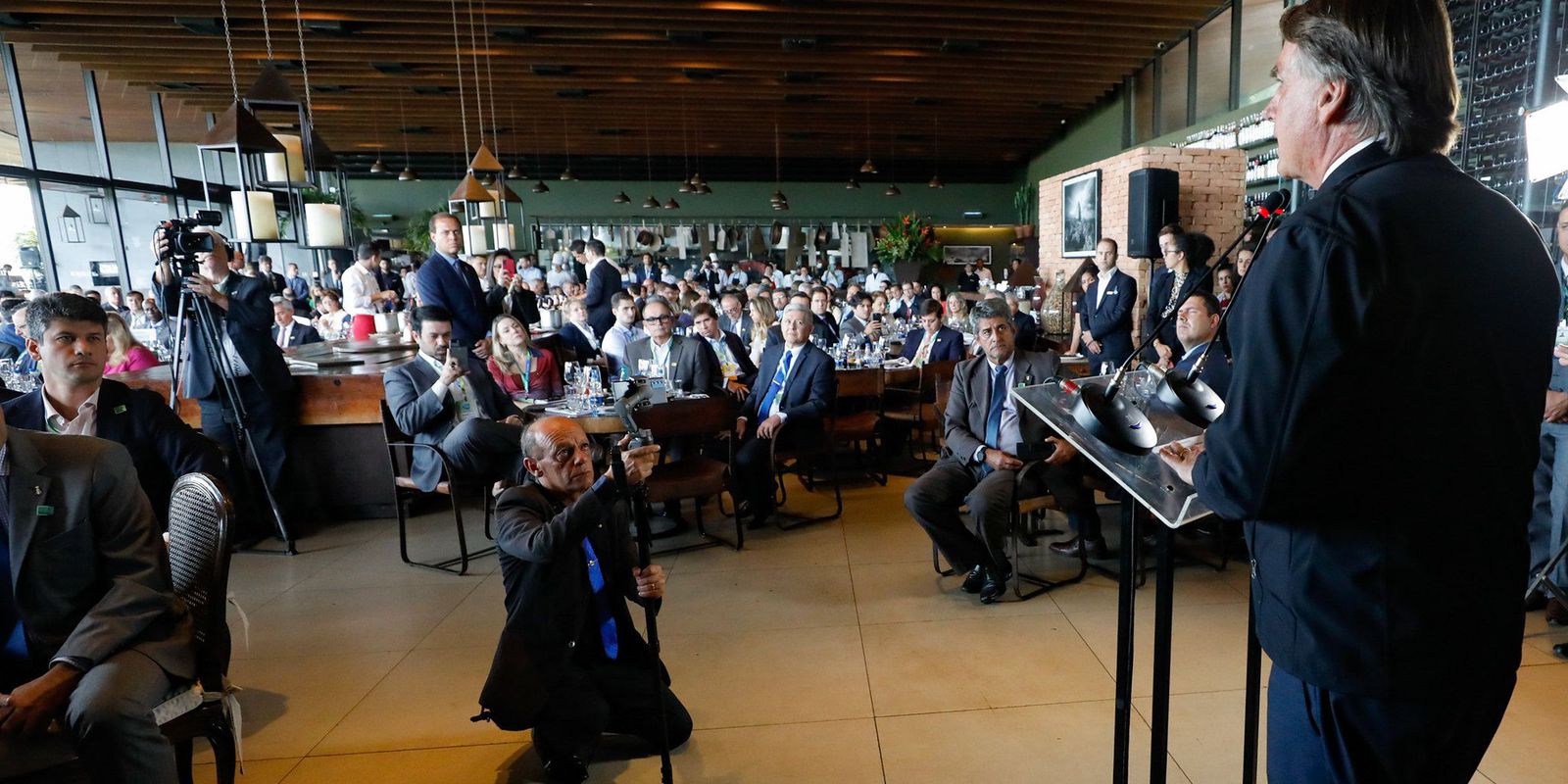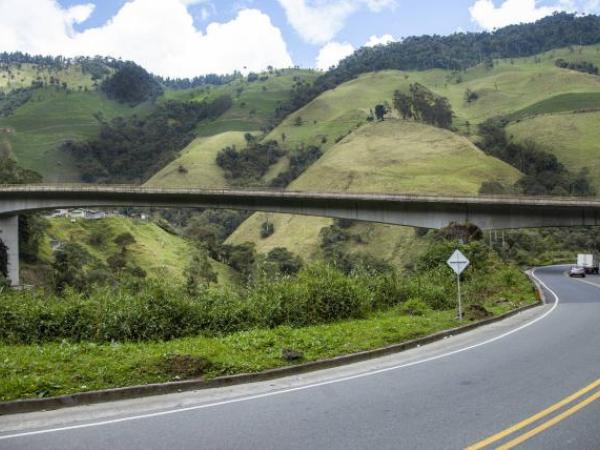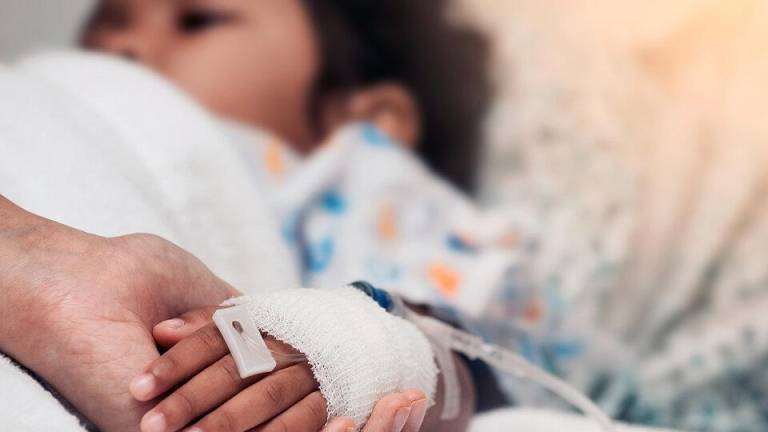President Jair Bolsonaro and the Minister of the Civil House, Ciro Nogueira, participated, this Thursday (19), in Rio de Janeiro, in the Congress Global Carbon Market – Decarbonization & Green Investments. They talked about public policies that drive the green economy in Brazil and participated in the symbolic action of planting trees in the Botanical Garden.
On this second day of the event, in the panel Technological innovations and decarbonization in the oil and gas sector, experts highlighted that, as much as the world goes through a transition to green energy sources, it will still depend for a long time on energy generated by fuels. fossils such as oil.
According to the director of Production Development at Petrobras, João Henrique Rittershaussen, the expectation is that oil will remain in the global energy matrix for a few decades to come. Therefore, the company invests in decarbonization strategies.
In the afternoon, the topic of debate was wind farms offshore, located offshore. Participants reported experiences implemented in countries such as Germany and Denmark and about the criteria to be taken into account for the installation of this type of plant – still under discussion at the Congress
Shares
On Wednesday, the executive secretary of the Civil House, Jônathas Assunção, spoke about actions taken by the federal government in the sanitation sector, in order to bring sewage and treated water to millions of Brazilians.
Assunção highlighted that Brazil’s green growth program, proposed by the government, preserves the environment, in addition to generating more jobs and income through the transformation of sectors such as sanitation and energy. The Civil House was the articulating body of the government that led to the approval of the Legal Framework for Sanitation, which provides for the universalization of basic sanitation services by 2033.
“The global transition to a low carbon economy is an evident reality. With the approval of the New Legal Framework, investments in the sanitation sector will bring Brazil a leading role in sustainable economic development”, highlighted the secretary.
Auctions by the State Water and Sewerage Company of Rio de Janeiro (Cedae), Amapá, and Alagoas were responsible for contracting R$ 37.6 billion in investments for the sector, with the potential to serve more than 15 million people with treated water and sewage.
In addition, with investments of R$ 2.1 billion from the federal government itself, actions were carried out for water supply, sewage treatment, integrated sanitation, urbanization and rainwater drainage throughout the country, totaling 138 works and projects completed in 2021.
The director of the Inter-American Development Bank (IDB), Martha Seiller, spoke about corporate strategies for sustainable development. “It is important for the financial sector to start pricing the issue of sustainable development, improving conditions and lowering interest rates for companies that have this green bond, this sustainable look at their projects and business,” she said.
Congress
The Global Carbon Market Congress – Decarbonization & Green Investments connects corporate strategies, projects and cases, in addition to guiding public policies that boost the green economy in Brazil.
For three days, more than 100 experts, including entrepreneurs and leaders of large national and international corporations, will meet to discuss and propose innovative solutions and sustainable technology for the country to become an exporter of green or clean energy to the world and walk towards neutrality in greenhouse gas emissions.









